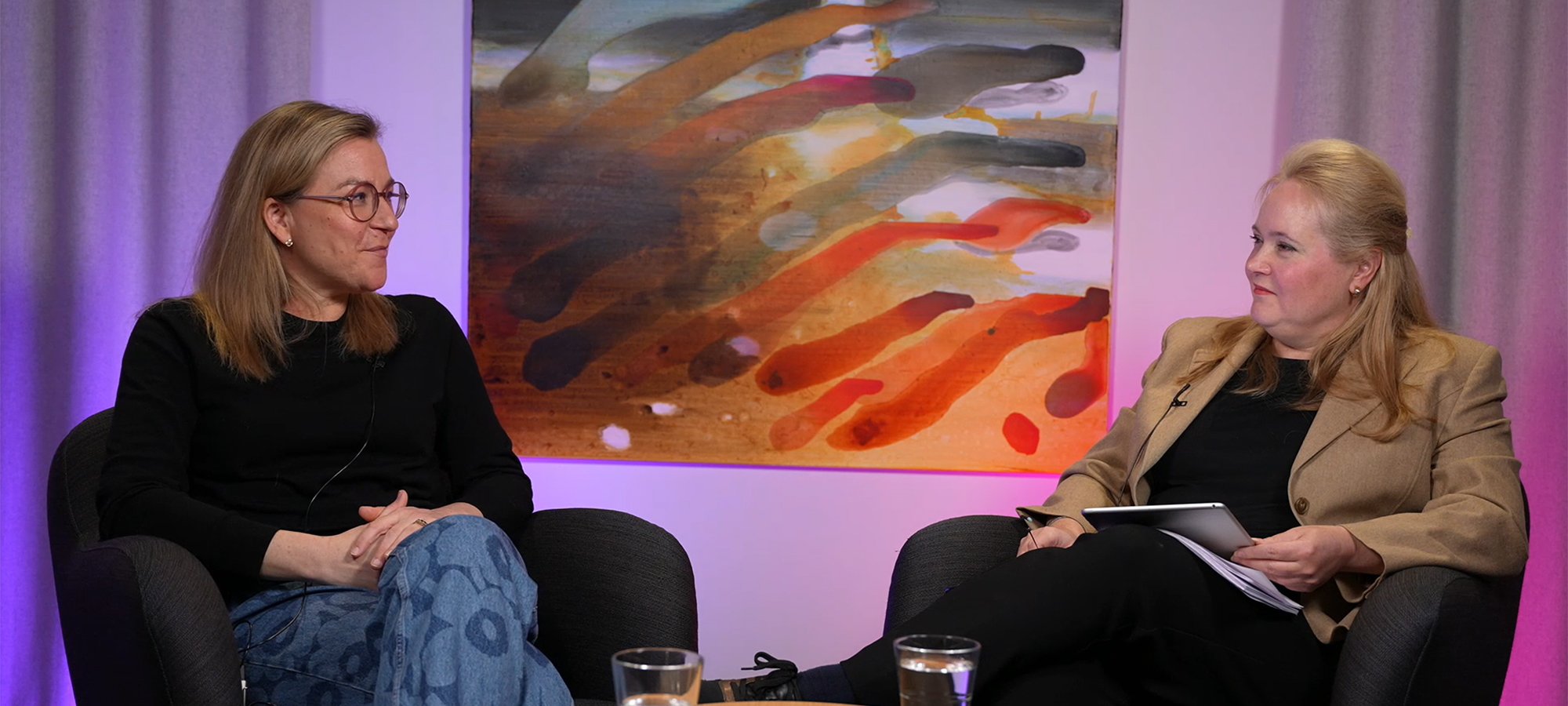Tanskanen summarizes the future skills of sourcing into three central themes: companies should invest in supply market intelligence, attract the best suppliers with reversed marketing, and learn how to harness supplier networks in innovation activity.
Supply market intelligence should be actively sought
“Research has shown that when a company makes additional investments into strategic sourcing, all of its performance measurements improve. Take supply market intelligence, for instance. I recommend every and any company invests in improving it,” says Tanskanen.
The strategic importance of supply market intelligence should never be underestimated."
The strategic importance of supply market intelligence should never be underestimated. A company can find significant opportunities for business development through its supplier market.
In the future, proactivity will be a necessary skill for sourcing leaders:
“Instead of simply reacting to needs, sourcing will actively seek information of suppliers with technologies, talents, and strengths that the company can utilize,” describes Tanskanen.
Tanskanen points out that many companies tend to primarily use the same suppliers as they have before, even though the supplier market is near infinite.
“There are excellent tools and data sources available for making supply market analyses,” he underlines.
Sourcing needs to draw in suppliers
Many companies are only beginning to learn how to actively market their company to suppliers.
“It’s outdated to assume that just because you have expressed a wish to purchase, everyone wants to sell to you. There’s harsh global competition for the best suppliers,” Tanskanen highlights.
Tanskanen calls for vigorous work to draw in suppliers:
“Strategic work and reverse marketing are vital if, for example, a Finnish company is looking for a supplier halfway across the world,” he states.
Suppliers can and should be utilized
Sourcing can help R&D reap benefits from the supplier network. Tanskanen mentions Fortum as an example. The Finnish energy company’s group-level R&D works together with its procurement department to find innovation partners:
“The solar energy solutions Fortum offers to consumers were born out of this kind of collaboration. Fortum developed its own product portfolio by integrating innovations created by different suppliers,” says Tanskanen.
Sourcing can help R&D reap benefits from the supplier network."
In forerunner companies, suppliers may have a central role in innovation activities. Nonetheless, the idea of linking suppliers to R&D is still novel even for many of the largest corporations.
“There is immense untapped potential in this area,” he emphasizes.
Short-term thinking is often unavoidable
Sourcing often focuses on improving short-term profitability. Tanskanen finds this understandable, as sourcing frequently forms 60-80% of a company’s costs.
Sourcing leaders should have the opportunity to simultaneously look near and far away."
“While focusing on short-term profitability is justified, it is still short-sighted,” he remarks.
Tanskanen points out that sourcing leaders are well aware of what all should be done, if they had the resources.
“Sourcing leaders should have the opportunity to simultaneously look near and far away. Earmarked resources they can use exclusively for strategic sourcing development and explorative actions. Researchers call this approach ambidexterity,” says Tanskanen.
Modelling total costs and product/service life cycle assessments are ideas which Tanskanen says are found in every sourcing leader’s slide shows. The challenge lies in finding ways to take these ideas into practice.
The Executive Board’s sourcing competence is key
Tanskanen affirms that sourcing has taken huge leaps forward in Finland during past years.
“Some 15 years ago, only large companies such as Kone or Nokia had category management. Now category managed sourcing is used in countless companies,” he mentions.
“One of sourcing’s greatest challenges is climbing to the top management’s agenda. It’s no easy feat, as everyone wants to be there. Research has proven that today, an Executive Board’s sourcing competence is very strongly linked to its members’ own career paths,” ponders Tanskanen.
Kari Tanskanen is training in Aalto PRO’s Diploma in Global Sourcing – DGS program, which starts in March 2020. The program builds competencies that drive towards the best possible customer satisfaction by integrating procurement with other supply chain operations. Read more about the program.





















